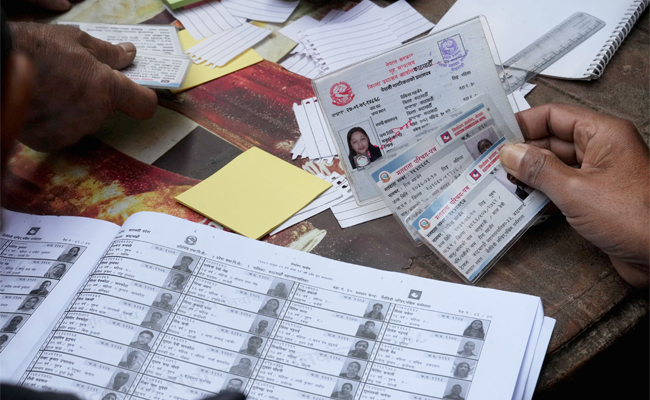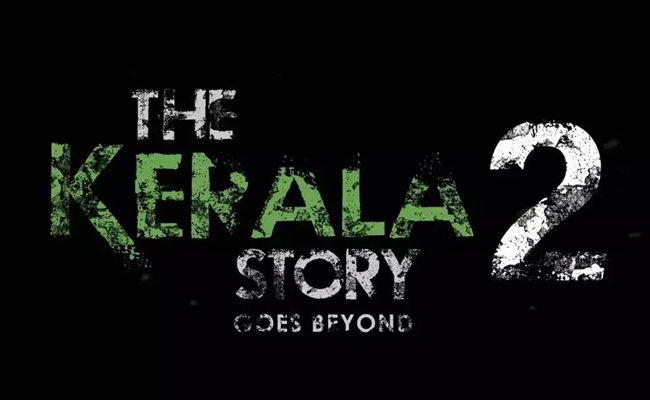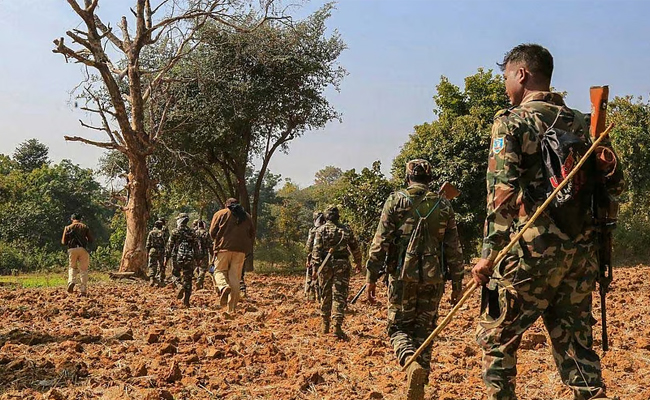Facebook Inc said on Friday attackers stole names and contact details of 29 million users in the mass security breach disclosed by the social media network late last month.
The breach, Facebook’s worst ever, has exacerbated concerns among users, lawmakers and investors that the company is not doing enough to safeguard data, particularly in the wake of the Cambridge Analytica data scandal.
Still, hackers neither accessed personal messages nor financial data and did not use Facebook logins to access other websites, all of which would have been a cause for greater concern. Facebook originally had said in late September hackers stole digital log-in codes to take over nearly 50 million user accounts.
On Friday, the company revealed that stolen data on 14 million users included birth dates, employers, education and lists of friends. For 15 million users, it was restricted to just name and contact details.
All of those could help a fraudster pose as Facebook, the employer or a friend. They could then craft a more sophisticated email aimed at tricking users into providing login information on a fake page or into clicking on an attachment that would infect their computers.
Facebook said it will send customised messages in the coming days to affected users to explain what information the attackers accessed and how they can protect themselves, including from suspicious emails, text messages or calls.
A company executive said on a conference call that Facebook will not provide country-by-country breakdowns of the affected users. The hackers used an automated program to move from account to account and harvest the data quickly.
“We’re cooperating with the FBI, which is actively investigating and asked us not to discuss who may be behind this attack,” Facebook said on a blog post https://newsroom.fb.com/news/2018/10/update-on-security-issue.
The social network in late September did not confirm if information had actually been stolen.
“There’s not much more that Facebook can do,” said Michael Pachter, an analyst with Wedbush Securities. “The stolen data is likely to be used by the hackers, so this problem is likely to persist for quite some time.”
Facebook’s latest vulnerability has existed since July 2017, but the company first identified it in mid-September after spotting a fairly large increase in use of its “view as” feature. It determined that it was an attack on Sept. 25.
“Within two days, we closed the vulnerability, stopped the attack and secured people’s accounts by restoring the access tokens for people who were potentially exposed,” Facebook said.
The “view as” feature allows users to check their privacy settings by giving them a glimpse of what their profile looks like to others. But a trio of errors in Facebook’s software enabled someone accessing the feature to post and browse from Facebook accounts of other users.
Facebook did not rule out the possibility of smaller-scale attacks and said it would continue to investigate.
Facebook shares fell 2.6 percent after the breach was announced last month and they were down 0.5 percent following the updated disclosures on Friday.
Courtesy: www.hindustantimes.com
Let the Truth be known. If you read VB and like VB, please be a VB Supporter and Help us deliver the Truth to one and all.
Kathmandu (PTI): Nepal which went to polls on Thursday, the first since a violent Gen Z protest that toppled the K P Sharma Oli-led government last year, recorded a turnout of about 18 per cent till noon, according to the Election Commission.
The Election Commission said that around 3.16 million people have exercised their franchise till 12 pm, with the voting process going smoothly.
Voting is ongoing smoothly across the country with minor incidents in a very few places, Election Commissioner Sagun Shumsher Rana was quoted as saying by the Kathmandu Post.
More than 18.9 million eligible Nepalese are exercising their franchise to elect the 275-member House of Representatives from among the 3,406 candidates vying for 165 seats under direct voting, and 3,135 candidates vying for 110 seats through proportionate voting.
The voting started at 7 am and will conclude at 5 pm. The counting will start immediately after the ballot boxes are collected.
Nepal Police confirmed that apart from minor disagreements at a few locations, no serious problems had occurred.
Police spokesperson Abi Narayan Kafle said, “Some jostling is expected during elections, but no major issues have arisen. We are ensuring that the voting process remains peaceful throughout the day.”
"Voting started in all the constituencies, including the southern plains, hilly area and the mountain region at 7 am," Election Commission spokesperson Narayan Prasad Bhattarai said.
“The election started in a peaceful environment across the country,” he added.
ALSO READ: Nepal records over 10% turnout till 11 am in first election since govt-toppling Gen Z protests
Addressing a press meet here on the eve of the polls, Acting Election Commissioner Ram Prasad Bhandari on Wednesday had said that all preparations for the election had been completed and urged voters to participate actively and enthusiastically in the democratic exercise.
In Kathmandu, the weather was fine, sky was clear and people were enthusiastically queuing up to cast their votes.
Interim Prime Minister Sushila Karki cast her vote from Kathmandu-5 constituency at Dhapasi on the outskirts of Kathmandu on Thursday morning.
"I have cast my vote, I am happy that people are casting their votes, participating in the general election," she said.
Nepali Congress president Gagan Thapa cast his vote from Kathmandu-4 constituency in Maitidevi in the morning.
"This election was needed to bring the Constitution back on the right track," he said.
Thapa, the prime ministerial candidate of Nepali Congress, is contesting the election from Dhanusha-4 constituency.
Rastriya Swotantra Party (RSP) president Ravi Lamichhane cast his vote from Chuchepati area on the outskirts of Kathmandu.
Prime ministerial candidate of RSP and former Kathmandu mayor Balendra Shah ‘Balen’ cast his vote from Gairegaun, Kathmandu. He is contesting the election from Jhapa-5.
Ousted premier Oli cast his vote from Balkot in Bhaktapur district.
The Gen Z youth, through their two-day intensified protests on September 8 and 9, ousted Prime Minister Oli, chair of the Communist Party of Nepal (Unified Marxist–Leninist) -- CPN-UML -- who was heading a coalition government with the backing of Nepali Congress that enjoyed nearly two-thirds majority support.
The CPN-UML, led by ousted PM Oli, has emerged as the hardliner force. Though former premier Pushpa Kamal Dahal 'Prachanda'-led NCP claims to have addressed the issues raised by the Gen Z, they have not handed over the party leadership to the younger generation.
Rastriya Swotantra Party (RSP), led by its chair Ravi Lamichhane and senior leader Balendra Shah, and the reformed Nepali Congress, led by Gagan Thapa, are voicing the issues raised by the Gen Z, while CPN-UML and Nepali Communist Party, led by ‘Prachanda’, are known as the traditional forces.
Ujyalo Nepal Party, led by Kulman Ghising, and Shram Shakti Party, led by former Dharan Mayor Harka Sampang, are also emerging forces but enjoy support in limited pockets only.
After Oli's ouster, President Ramchandra Paudel dissolved the House of Representatives on September 12 and appointed Sushila Karki as the caretaker PM.
The major issues raised by Gen Z are anti-corruption, good governance, an end to nepotism, generational change in political leadership, etc.
Starting Wednesday, Nepal has declared a three-day holiday for the polls.
There are a total of 10,967 polling booths and 23,112 polling centres, the Election Commission data showed. As many as 65 political parties are taking part in the election.





